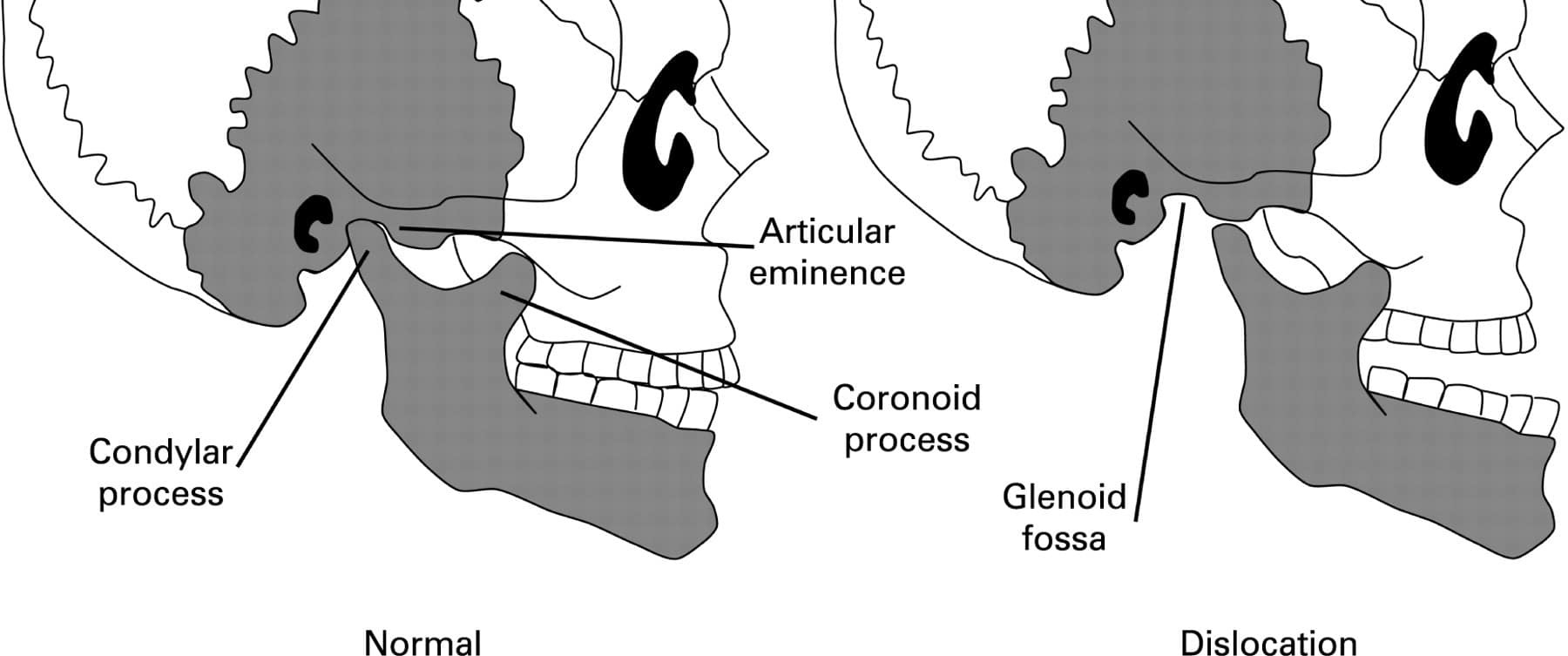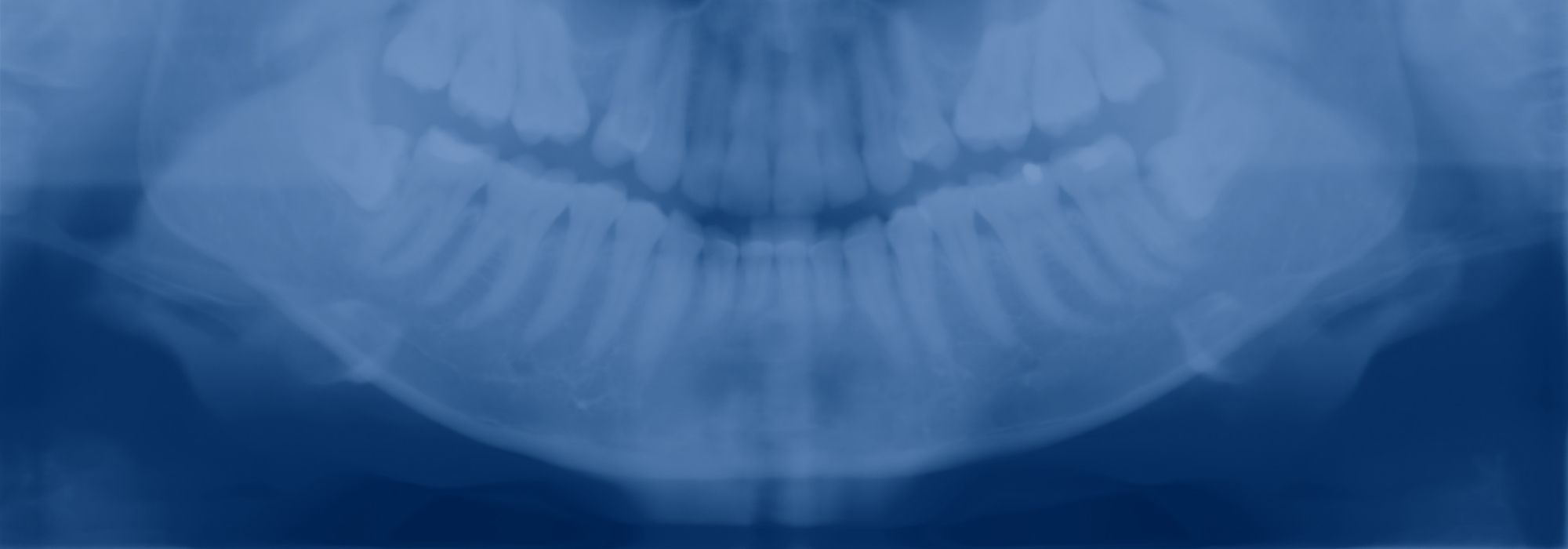WHAT IS A DISLOCATED JAW?
A JAW DISLOCATION CAN BE A VERY PAINFUL INJURY AND IMPACT YOUR FUNCTION GREATLY.
A dislocated jaw (temporomandibular joint) happens when themandibular condylar process moves out of the glenoid fossa and is unable to return. So, the mandible comes out of what we think of as the ‘TMJ’. The joint can dislocate sideways, upwards, forwards, or backwards. The most common is an anterior (forward) dislocation where the mandibular condylar process comes in front of the articular eminence and cannot return to its normal position. Pivotal Motion Physiotherapy offers jaw dislocation treatment that can reduce discomfort and aid in a quicker recovery.
Dislocations can happen once or can reoccur several times to one or both TMJ joints at a time.
WHAT CAUSES A DISLOCATED JAW?
Like any other joint, problems happen when joint structures (disc, ligaments, muscles, bones) don’t work correctly or are damaged. Sometimes this results in a dislocated jaw.
Some causes of these structural or functional changes include:
- Wide opening of the mouth (yawning, laughing, big bite of food, vomiting, seizures)
- Dental treatments
- Intubation associated with surgery
- Trauma to the jaw
- TMJ arthritis
- General ligament laxity

WHAT ARE SYMPTOMS OF A DISLOCATED JAW?
WHAT WILL JAW DISLOCATION TREATMENT INVOLVE?
If your TMJ is still dislocated and can’t return to its normal position, it will need to be reduced (put the joint back in its normal position) by a doctor in hospital. Following this, you may be sore for several weeks. The recovery from TMJ fracture can be lengthy and should be guided by a doctor and your physiotherapist.
After the TMJ has been reduced, a Pivotal Motion physiotherapist can speed recovery and ease pain with TMJ dislocation treatment.
Physiotherapy treatment may involve:
- Education on preventing future dislocations
- Types of foods to avoid
- Jaw positions to avoid
- Correcting jaw alignment
- Addressing weak or tight muscles
- Individualised home exercise program
- Treatment of your neck to assist with positioning

